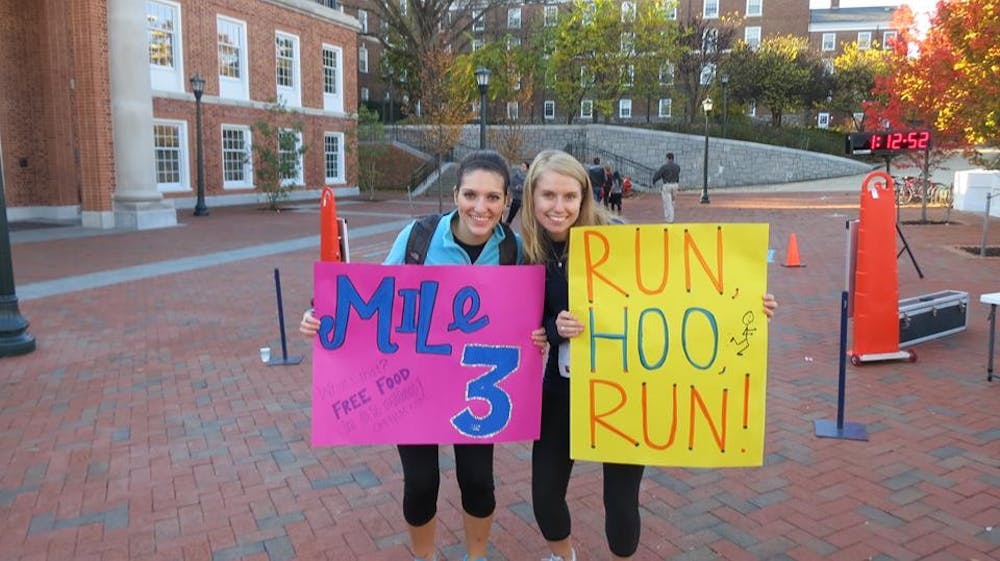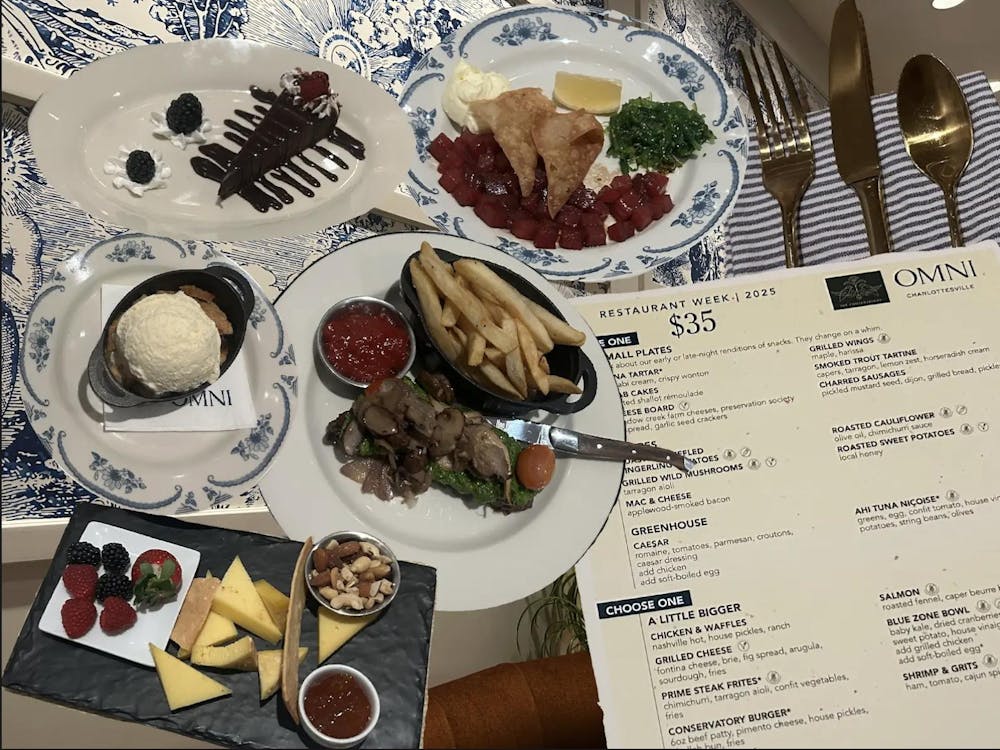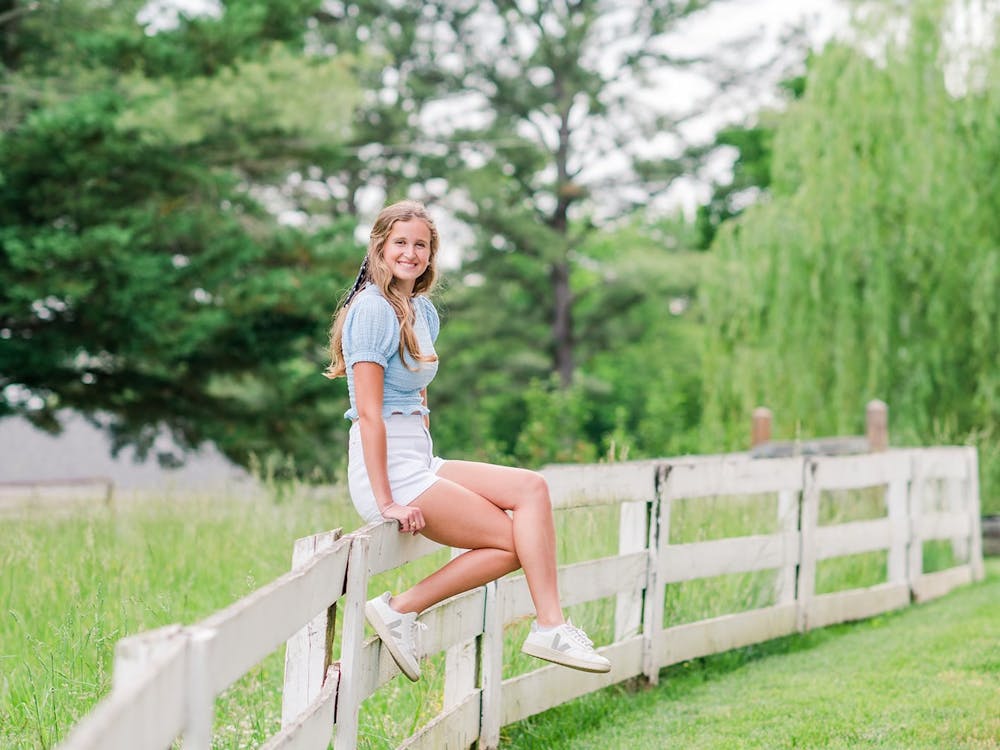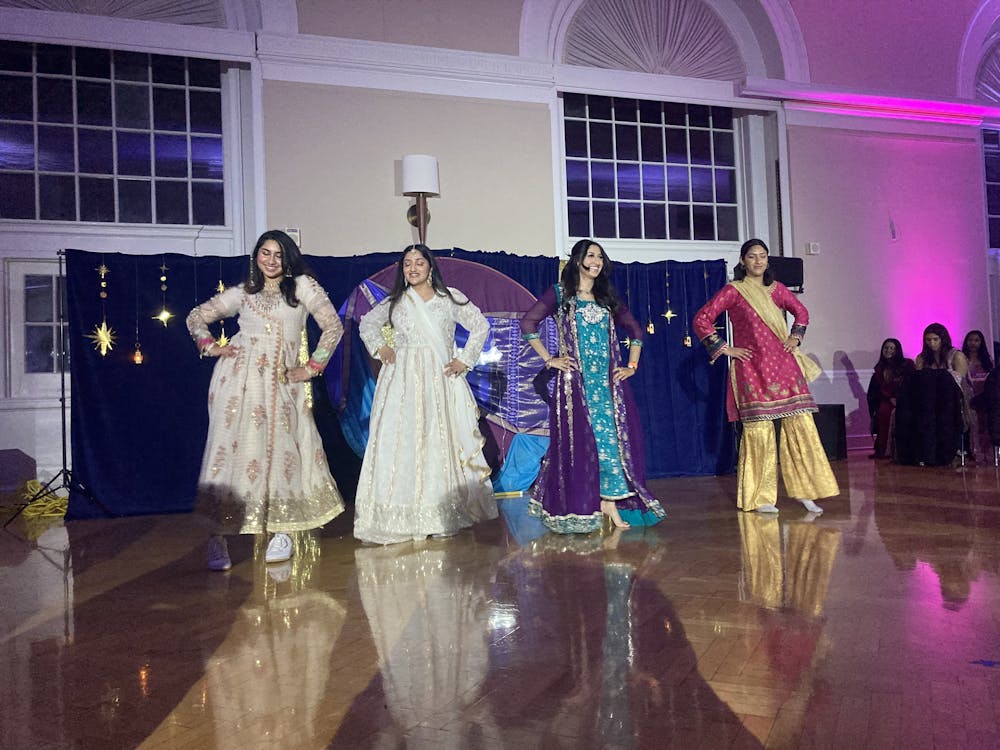At some point during their four years at the University, almost every student on Grounds has some interaction with Peer Health Educators. They sponsor the Fourth Year 5K, an event that has become a popular alternative to the drinking challenge “Fourth Year Fifth” before the last home football game. When students schedule appointments with Student Health, they also has the opportunity to discuss concerns with an educated peer advisor.
“It generally makes [students] feel more comfortable that we’re their peers,” said fourth-year College student Maggie Rank, a peer health educator. “We’re coming from the same place, we are in the same social setting for the most part, except for this one hour of the week when I’ve been trained in this course where I know a little bit more about the ins and outs of certain aspects of health resources.”
The program has allowed peer health educator Dallas Ducar, also a fourth-year College student, to see life at the University in a new way.
“When you’re a student, you see the institution of U.Va., and as you join CIOs and find a niche, it begins to seem a bit disparate,” Ducar said. “As someone who works in public health, you can group [all students] together and see them all as U.Va.”
After being selected as a health educator, students must enroll in a three credit class covering all manners of public health within a collegiate spectrum. This includes topics ranging from sex education to nutrition and alcohol. Educators meet once a week to discuss issues that may concern the student body.
“It’s really like your friends just hanging out for an hour,” Ducar said. “We’ll usually go out to dinner afterwards because we want to keep hanging out.”
Peer health educators aim to make their discussions timely, molding their talks to cover current issues.
“[The program] really enforces the idea of student self-governance in a way that looks at the decisions we [as students] make and how we can change that,” Ducar said. “Passions of individual students can really change the world around you. Even if it’s one person, that is extremely powerful.”
In addition to promoting overall health among students, the program aims to destigmatize mental health problems within the student body.
“I believe that the competition and stress the University produces can be good as they encourage students to strive for excellence,” said peer health educator Seth McChesney, a fourth-year College student. “But they can also affect the health of much of the community in negative ways.”
Rank said being a peer health educators allows her to converse more readily about health within her own circle of friends.
“[My friends] know that I’ve received training in these topics and feel more comfortable talking to me frankly,” she said.
By interacting with new sectors of the University, these students discover new ways to get involved in different groups around Grounds.
“You are exposed to a lot of diversity, which has helped me grow as a person and learn about about the different facets of our community,” McChesney said. “I definitely recognize issues more than I did before, especially the prevalence of mental wellness problems. … The program really opens your eyes.”






